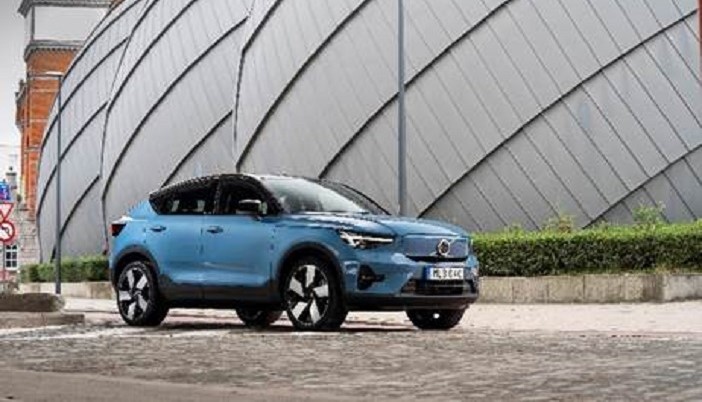Is it still worth buying a diesel or a petrol car?

The government has recently pushed back its proposed ban on petrol and diesel vehicles to 2035[1]. If you’re considering buying a new vehicle, then you might wonder what implications this deadline has on the future value of your investment. Put simply, is it a good idea to buy a traditional gas-guzzling vehicle, or is it time to make a switch to a diesel or a petrol car?
The answer will depend on your circumstances.
When is the ban coming and why?
The ban is set to arrive in 2035, having previously been mooted for 2030. The delay was justified by Prime Minister Rishi Sunak on the grounds that making the switch to battery-electric would not be feasible for many small businesses. Put simply, the charging infrastructure is not going to be ready in time for everyone to charge their cars en masse.
The ban applies only to brand-new vehicles, which means that you’ll still be able to find them on the second-hand market. We might see high demand for these vehicles building in the lead-up to this cut-off. However, since it’s more than a decade away, it would be extremely speculative to base a purchase around this assumption.
The proposed ban forms part of the government’s strategy around net zero, which is being targeted for 2050[2].
Why buy a petrol or diesel car?
Petrol and diesel cars still appeal to many motorists. It’s a proven technology, with a reliable and resilient infrastructure. If you’re putting in extremely high mileage, then you might prefer a diesel car to a petrol one – but there’s a reason that the popularity of these vehicles has dwindled to just 4% of the total market.
Petrol and diesel cars tend to be cheaper than new battery electric ones. If you’re buying second-hand, then you might also find that they’re greener – since you’ll need to put in significant mileage before the environmental cost of a new battery is offset.
Electric cars, being generally more expensive, may be more expensive to insure. Look into getting a car insurance quote[3] before you make the purchase – that way, you can be sure that you’re comparing like with like.
Why buy electric?
If you’re able to make the transition to the electric vehicle, then it might make sense to do so early. The deciding factors may be the availability of funds to make the up-front investment, and of charging stations to keep you on the road.
If you’re unsure, then you might seek out a compromise in the form of a hybrid vehicle. These come in several forms, including plug-in hybrids, which come with two separate forms of propulsion: a traditional internal combustion engine, and a battery-powered electric motor.
References
- ^ pushed back its proposed ban on petrol and diesel vehicles to 2035 (www.carwow.co.uk)
- ^ which is being targeted for 2050 (www.gov.uk)
- ^ Look into getting a car insurance quote (www.hastingsdirect.com)